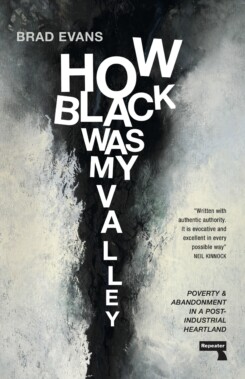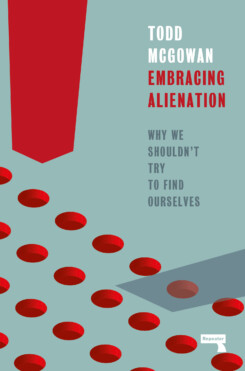£7.99 – £8.99
Manic Street Preachers were and remain one of the most interesting, significant, and best-loved bands of the past thirty years. Their third album The Holy Bible (1994) is generally acknowledged to be their most enduring and fascinating work, and one of the most compelling and challenging records of the nineties.
Triptych reconsiders The Holy Bible from three separate, intersecting angles, combining the personal with the political, history with memory, and popular accessibility with intellectual attention to the album’s depth and complexity. Rhian E. Jones considers The Holy Bible in terms of its political context, setting it within the de-industrialised Welsh landscape of the 1990s; Daniel Lukes looks at the album’s literary and artistic sources; and Larissa Wodtke analyses the way the album’s links with philosophical ideas of memory and the archive.
Daniel Lukes has a PhD in Comparative Literature from New York University and currently teaches in the Department of Comparative Literature at Indiana University, Bloomington.
Larissa Wodtke is the Research Coordinator at the Centre for Research in Young People’s Texts and Cultures at the University of Winnipeg, in Canada, and the Managing Editor of the academic journal Jeunesse: Young People, Texts, Cultures.
Rhian E. Jones is a writer, critic and broadcaster from South Wales on history, politics and popular culture. She is co-editor of Red Pepper and writes for Tribune magazine. Her books include Clampdown: Pop-Cultural Wars on Class and Gender (zer0, 2013); Petticoat Heroes: Gender, Culture and Popular Protest (University of Wales Press, 2015); Triptych: Three Studies of Manic Street Preachers’ The Holy Bible (Repeater, 2017), the anthology of women’s music writing Under My Thumb: Songs That Hate Women and the Women Who Love Them (Repeater, 2017) and Paint Your Town Red: How Preston Took Back Control and Your Town Can Too (Repeater, 2021).
“This book rightly asks a lot of the audience and in exchange delivers a lot back to them – just like The Holy Bible.”
“Captures the band’s intellectual appeal.”




